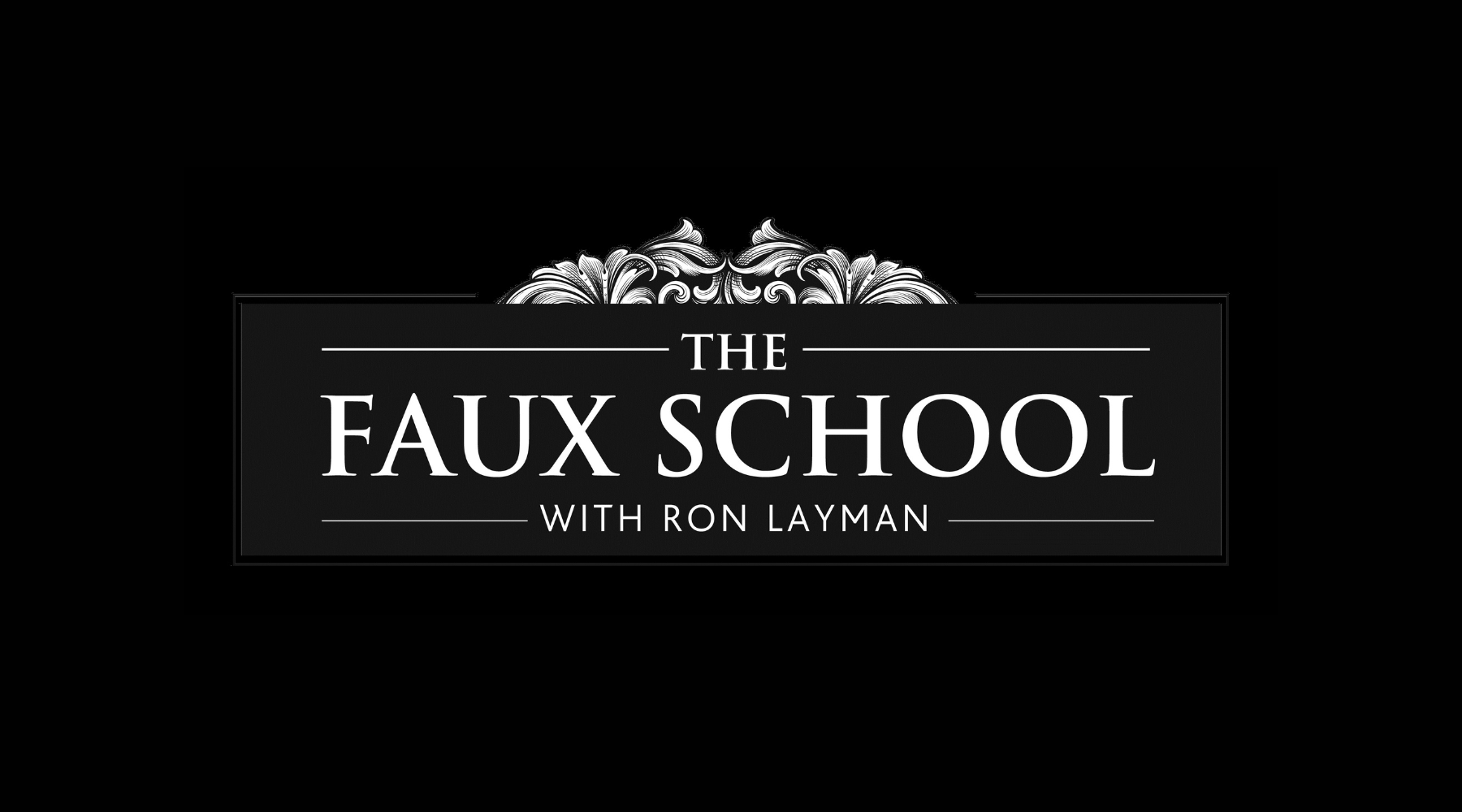Renaissance
The Renaissance, an extraordinary epoch of cultural and intellectual brilliance, unfurled across Europe from the 14th to the 17th centuries. It symbolized a remarkable shift from the medieval era to a rekindled fascination with classical scholarship, humanist ideals, and inventive expression. The term "Renaissance" itself embodies a sense of revival, reflecting the reawakening of ancient Greek and Roman wisdom and an exaltation of human potential.
During this transformative era, a profound metamorphosis occurred in the collective consciousness. Scholars and visionaries dared to question traditional conventions and embraced a more human-centric outlook. Humanism, a philosophical movement that exalted the value and capacities of humanity, became a guiding principle across various disciplines, permeating literature, philosophy, and the arts.
The Renaissance was a time of great artistic ingenuity, as creators sought to capture the breathtaking beauty and intricate realism of the natural world. They pioneered innovative techniques such as linear perspective, chiaroscuro (the interplay of light and shadow), and meticulous anatomical precision, infusing their paintings and sculptures with life-like qualities. Legendary figures like Leonardo da Vinci, Michelangelo, and Raphael emerged, leaving an indelible mark with their timeless masterpieces, inspiring generations to come.
Beyond the arts, the Renaissance ushered in remarkable advancements in fields such as science, architecture, literature, and exploration. Scholars made groundbreaking discoveries in disciplines ranging from astronomy to anatomy and mathematics, dismantling long-held notions and sowing the seeds of the scientific revolution that would follow in subsequent centuries.
The Renaissance was not confined to the confines of a single nation or territory but unfolded across the European landscape. Prominent centers of cultural fervor sprouted in cities like Florence, Rome, and Venice, and later proliferated throughout other regions of Europe. The exchange of ideas, the patronage of affluent individuals and influential families, and the establishment of universities and printing presses all contributed to the widespread dissemination of knowledge and the flourishing of intellectual and artistic pursuits.
In summary, the Renaissance stands as an epoch of profound transformation, bridging the gap between the medieval and modern worlds. It illuminated the path toward enlightenment, humanist ideals, and the boundless realms of artistic achievement. Its impact resonates even today, as the profound works and revolutionary ideas that emerged during this era continue to shape our understanding of the world, serving as enduring beacons of inspiration for creativity and intellectual curiosity.
